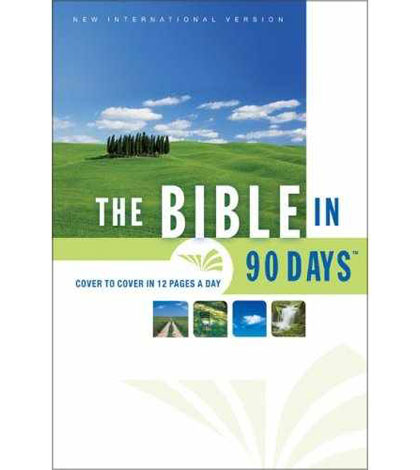Esther –
- People enjoyed and couple of folks read the book twice.
- Why didn’t Vashti come down when she was called? Arrogance? Sign of Arrogance – she was feasting with other women and she thought he can just wait.
- She was being objectified – king wanted to show off her beauty and maybe she was tired of being a toy used to entertain. She was more of an independent woman. Maybe a feminist and men saw how dangerous her behavior was for the society — it was big deal — better stop it before other women start.
- Her actions were the catalyst of so many things changing.
- Esther decided to hide who she was and devised her plan as to when to tell. Similar to Joseph not disclosing himself to his brothers — something impactful about to happen. Like Joseph, Esther saves entire race. She was pulled out for a reason. She pointed out Mordecai to King as someone who helped him.
- This story was much more relatable.
- Surprised at the pay back the Jews had — right to pillage and kill. But, it seemed once the king allowed the previous edict to kill the Jews he was not allowed to take it back so he allowed the Jews to defend themselves.
- Haman — really proud, arrogant, selfish. He didn’t want to just get Mordecai, wanted whole race to be wiped out (genocidal tendencies). And he was hanged on the same gallows he set up for Mordecai. He would do whatever it took to get ahead of anybody. It seemed similar to what Hitler did — Trying to wipe out one race. A lot of things we are reading are similar to what we are seeing in our lifetime. People keep repeating things that have happened in the past. “What Comes Around Goes Around” was mentioned by some.
- When king asked Haman how to honor someone — instead of ask who Haman assumed it was himself.
- Women in palace had like 6 months of treatments — seemed profitable time.
- The eunuchs played important role…helps Esther and helps to propel her.
Job –
- God wanted to prove something to Satan as far as Job — kind of got upset with God…did all kinds of stuff to Job and Job did not turn his back.
- God says I have a servant and you will see how he will serve…God told Satan you can do whatever you want, except kill. God said, have you considered by servant Job — like God throwing chest out.
- Job never cursed but questioned.
- Friends didn’t seem helpful, but liked that they sat with Job and they were present. And, thinking of the context — at that time, if there are ills someone had people believed there was sin so Job’s friends were being consistent with the culture.
- One theme — people were questioning why bad things happen? “Theodicy” — term that means — why is there suffering in the world, if God is a good God? Why is this happening? Is not a good question but rather where are you God? I am right here. Maybe that’s why Job didn’t lose faith, because God was with him.
- Job is a wisdom scripture of Hebrews – it’s there for a point to be learned — not necessarily to understand God but to describe God. It is mystery. It seems more of a parable and almost Shakespearean.
- Interesting his daughters highlighted at end and he gave his daughters inheritance along with their brothers.
- Message of hope. God angry with his friends but not Job. Look for a positive side…hope is always there, regardless how it may seem — Something good is around the corner. But, can’t replace previous children – even though new children, Job still lost as the people in his previous family cannot be replaced.
- Some thought there was a general message that we can go through a situation where all hope may be lost, but there is a blessing around the corner.
- Was Job different before and after he lost everything and regained other things?
Psalms –
- Striking message of one psalm about how faithful they had been and that they always honored God and obeyed God — wondering what history they were talking about given how the Israelites did not always do that.
- Psalm 18 – interesting imagery – God, thunderbolts etc….like Greek mythology.
- A lot of familiar passages. Psalm 27 — Lord is my Light and my Salvation.
- Reading Psalms one right after the other can be overwhelming.
- Who is director music? Likely written for whomever was the director at the time with instruction – to a certain tune. Wonder how the songs went. Were they similar to songs from that region today? Our some of the instrument suggest maybe different – 10 stringed lyre has a lot of notes. Thinking back to David – the fact he knew or seemed to know how to play music even though he was a shepherd – was music more pervasive?
- “Selah” appearing (note: in footnote in some translation) – not clear what it means – whether a musical/rhythmic addition or something similar to an “amen.”


